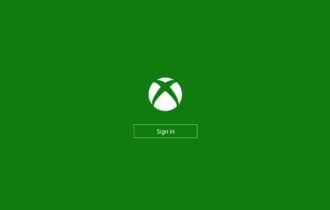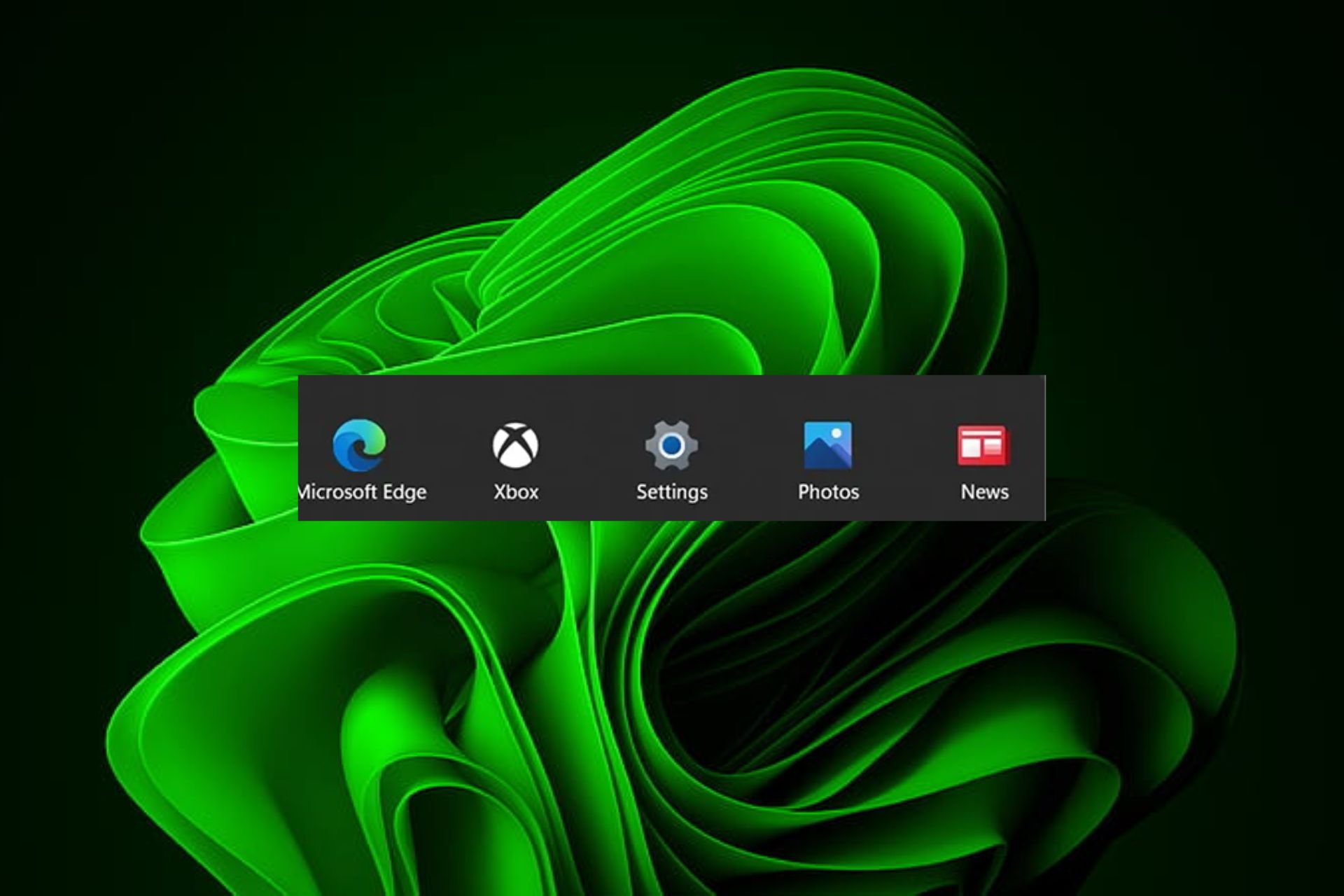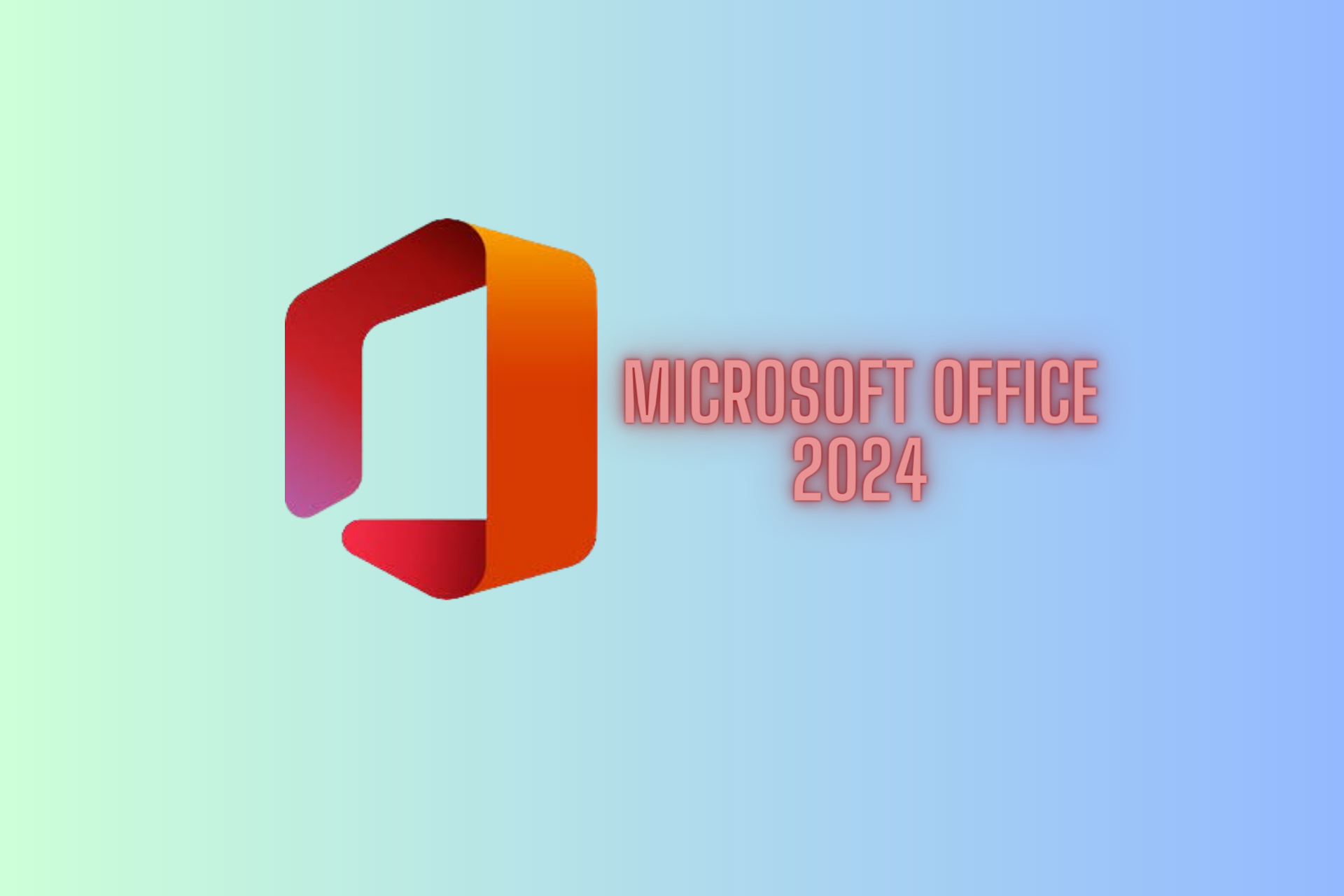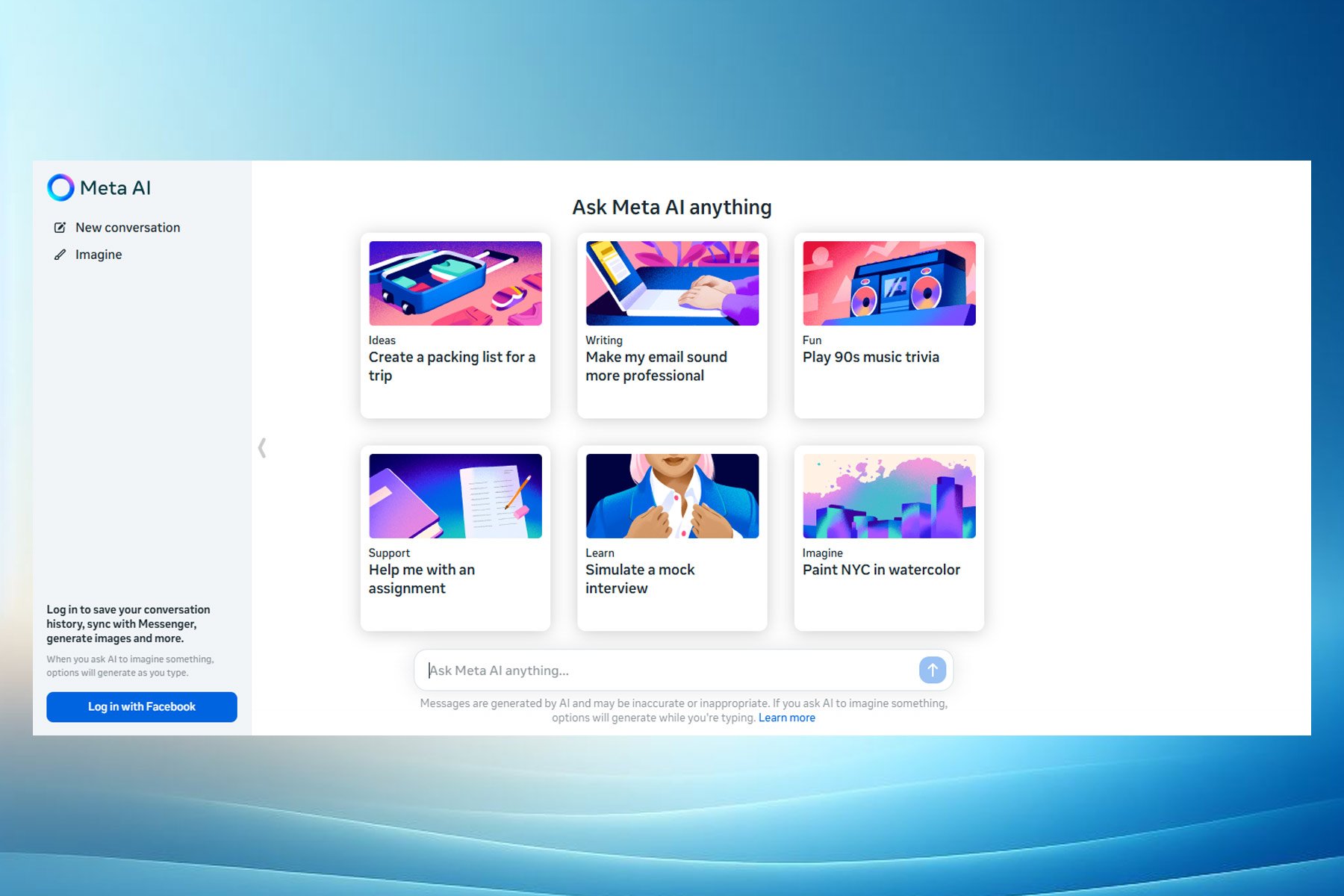Chrome Apps support for Windows killed off in two years' time
2 min. read
Published on
Read our disclosure page to find out how can you help Windows Report sustain the editorial team Read more
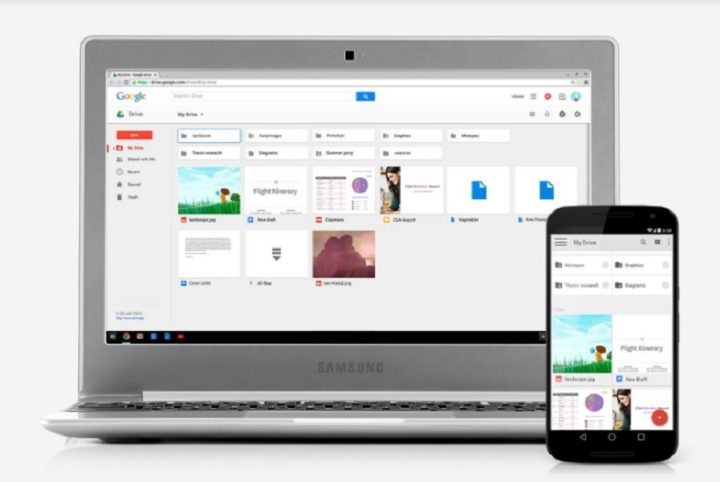
Google apps are very popular on the Chrome OS, but since their release in 2013, they are being used less and less on Windows. This is why Google has decided to end support for Chrome apps on Windows, and by early 2018, users will no longer have the possibility to load Google apps on their devices.
In other words, while the Chrome OS will receive new Chrome apps, Windows users will no longer see apps in the Chrome Web Store. The same is valid for Mac and Linux.
It’s time to begin the evolution away from the Chrome apps platform. There are two types of Chrome apps: packaged apps and hosted apps. Today, approximately 1% of users on Windows, Mac and Linux actively use Chrome packaged apps, and most hosted apps are already implemented as regular web apps. We will be removing support for packaged and hosted apps from Chrome on Windows, Mac, and Linux over the next two years.
Every beginning has an end and it shouldn’t come as surprise Google’s decision to suspend its Chrome apps on Windows since they no longer attract users. On the other hand, it’s important to know that this decision won’t affect extensions and themes, but either way, developers are advised to switch to Electron or NW.js modules and turn their web applications into native apps.
Google’s new vision roots in Progressive Web Apps, which use “modern web capabilities to deliver an app-like user experience.” Native apps send push notifications, work offline, load on the homescreen, and so on. Mobile web apps are accessed in a mobile browser and don’t support all these features. Progressive web app will fill this gap thanks to new web APIs.
RELATED STORIES TO CHECK OUT:

